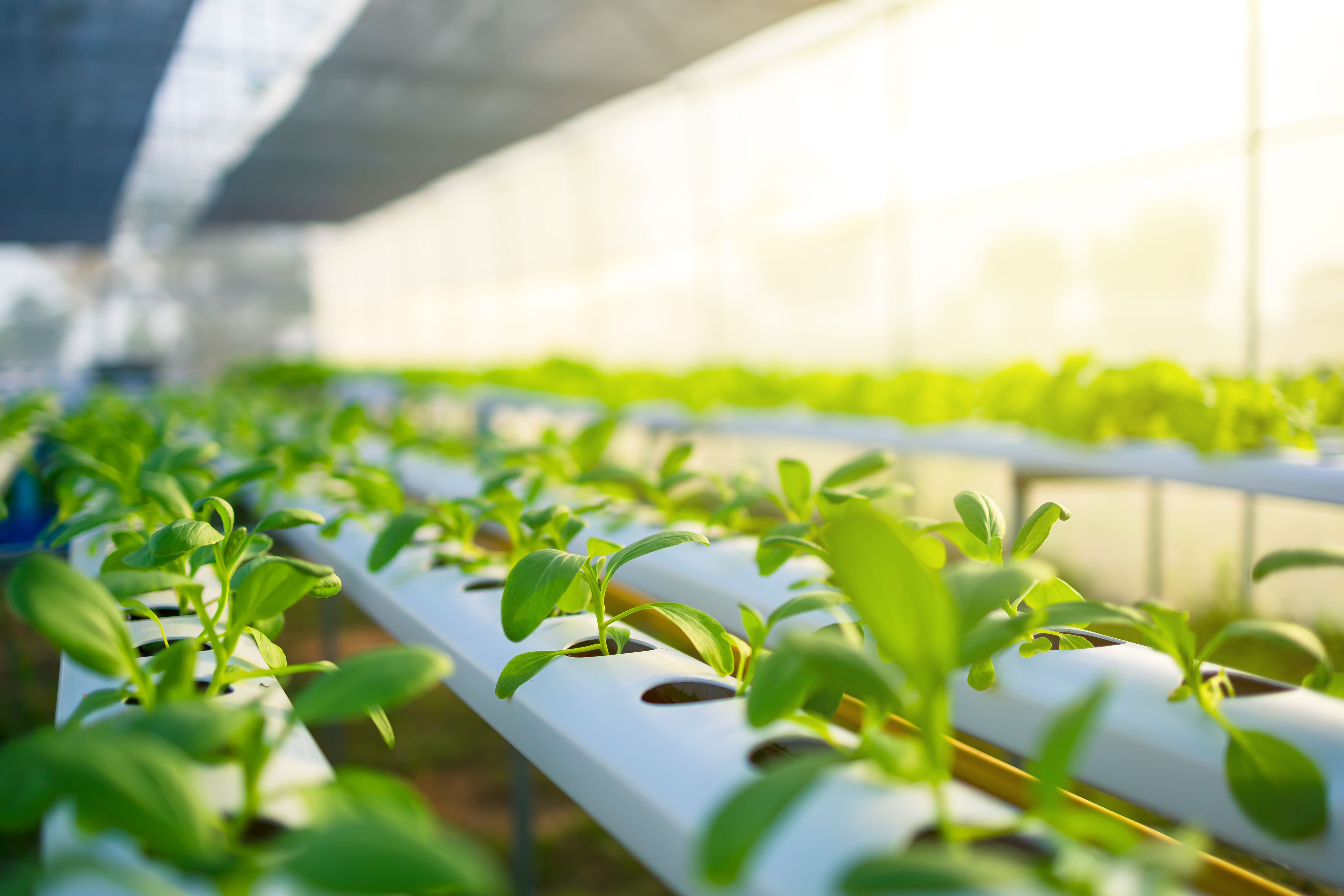Launching a Sustainable Farming Business in California: A Beginner's Guide
Introduction to Sustainable Farming in California
California, known for its diverse landscapes and fertile soil, offers a prime location for launching a sustainable farming business. With growing consumer awareness and demand for environmentally friendly practices, sustainable farming is not just a trend but a necessity. Whether you're new to agriculture or transitioning from conventional farming methods, this guide will walk you through the essential steps to start your sustainable farming journey.

Understanding the Principles of Sustainable Farming
Sustainable farming revolves around practices that are environmentally sound, economically viable, and socially responsible. It aims to conserve resources, enhance soil fertility, and reduce pollution. Key principles include crop rotation, organic pest management, and efficient water use. By prioritizing these principles, farmers can ensure long-term productivity and ecological balance.
Benefits of Sustainable Farming
Adopting sustainable farming practices offers numerous benefits. It improves soil health, enhances biodiversity, and reduces carbon footprint. Moreover, sustainable farms often enjoy a competitive edge in the market due to increased consumer demand for organic and responsibly produced goods. This approach not only contributes to environmental conservation but also boosts community engagement and economic resilience.
Steps to Launch Your Sustainable Farm
Embarking on a sustainable farming venture requires careful planning and execution. Here are some foundational steps:
- Research and Education: Gain a thorough understanding of sustainable agriculture through courses, workshops, and literature.
- Choose the Right Location: Consider climate, soil quality, and water availability when selecting your farm site.
- Create a Business Plan: Outline your goals, target market, budget, and strategies for growth and sustainability.

Choosing Your Crops and Livestock
The selection of crops and livestock is critical in sustainable farming. Opt for native species that require minimal inputs and are resilient to local pests and diseases. Companion planting can enhance growth and repel pests naturally. If raising livestock, consider breeds known for their adaptability to outdoor environments and natural diets.
Implementing Sustainable Practices
Once your farm is established, implementing sustainable practices is crucial for success. Use composting techniques to enrich the soil naturally. Employ drip irrigation systems to conserve water efficiently. Additionally, integrate renewable energy sources such as solar panels to minimize your farm's carbon footprint.

Navigating Regulations and Certifications
Operating a sustainable farm in California involves understanding state regulations and obtaining necessary certifications. Familiarize yourself with local agricultural laws and environmental guidelines. Obtaining organic certification can enhance marketability but requires adherence to strict standards set by certifying bodies.
Marketing Your Sustainable Produce
A successful marketing strategy is essential for the growth of your sustainable farming business. Highlight the environmental benefits of your produce in marketing materials. Engage with local communities through farmers' markets and establish partnerships with eco-conscious retailers. Utilizing social media platforms can also help reach a broader audience.
Launching a sustainable farming business in California is a rewarding endeavor that contributes positively to both the environment and society. By adhering to sustainable practices and staying informed about industry trends, you can build a thriving enterprise that stands the test of time.